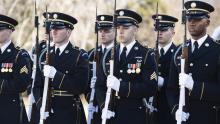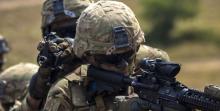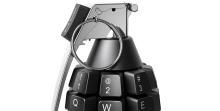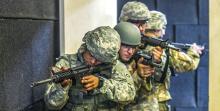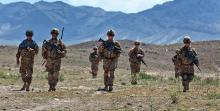Articles on Ethics featured in Army Magazine, AUSA News, and AUSA Headline News.
Paper Examines Ethical Pressures Soldiers Face
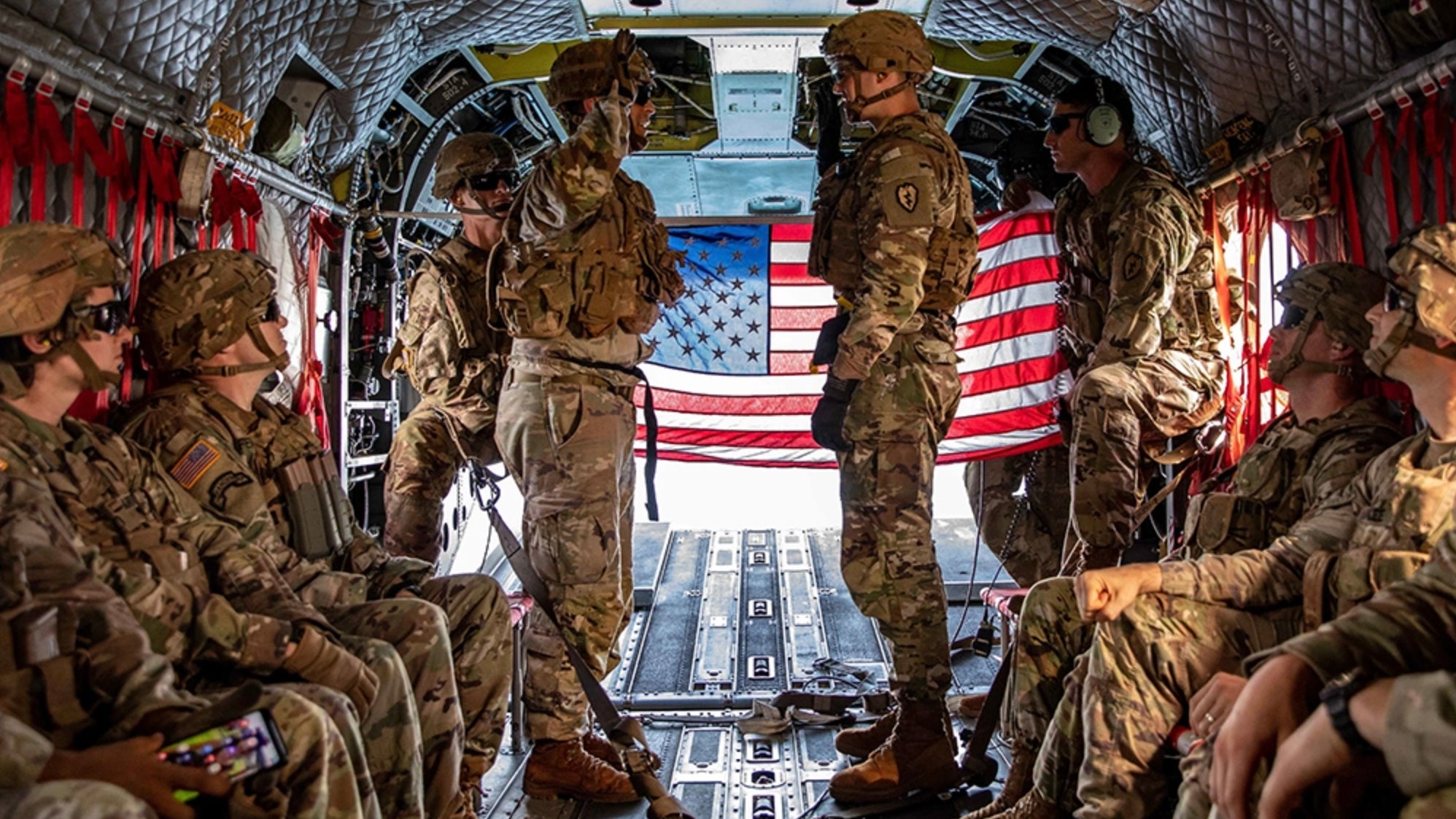
The winning essay of the inaugural Lt. Gen. Theodore G. Stroup Jr. Achievement Award highlights the ethical pressures soldiers face on the battlefield.
In “Soldiers and the Ethical Life,” author Prescott Farris dives into the psychology behind decision-making and discusses key factors that can influence soldiers’ behavior, including peer pressure and groupthink.
Soldiers Should Focus on Ethical Behavior
A significant aspect of the enduring trust the American people have in their military is an expectation of mission accomplishment while “doing the
Heart of the Army: Moral Principles Guide Why, How of Service
What is the Army Ethic and what is the difference between “Ethic” and “ethics”?
Serving the Empire: Soldiers Deserve to Know How Deployments Support the Constitution
Although we don’t like to admit this obvious point, the United States is a military empire. The U.S.
Ethics of Cyber Operations: ‘5th Domain’ Creates Challenges, Needs New Rules
The advent of cyber conflict should push us to reassess and update the ethics of war.
Is Loyalty Overvalued?
Loyalty is listed first among the Army Values, which is unfortunate. It should not even be one of the seven Army Values.
Moral Misconceptions: Five Flawed Assumptions Confuse Moral Judgments on War
Conversations about the morality of war can be terribly frustrating. People tend to have strong moral feelings about war but muddled understandings.
Bending the Rules: Ambiguous Standards, Falsified Records Cause Ethical Harm
Standards enable the Army to function efficiently and ethically by creating shared expectations among soldiers, which is why Army lead
Divergent Ethics: Facing a Foreign Partner Who Has a Different Moral Code
American soldiers routinely deploy overseas to advise and assist other countries’ security forces that do not share the U.S.


